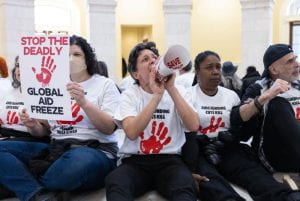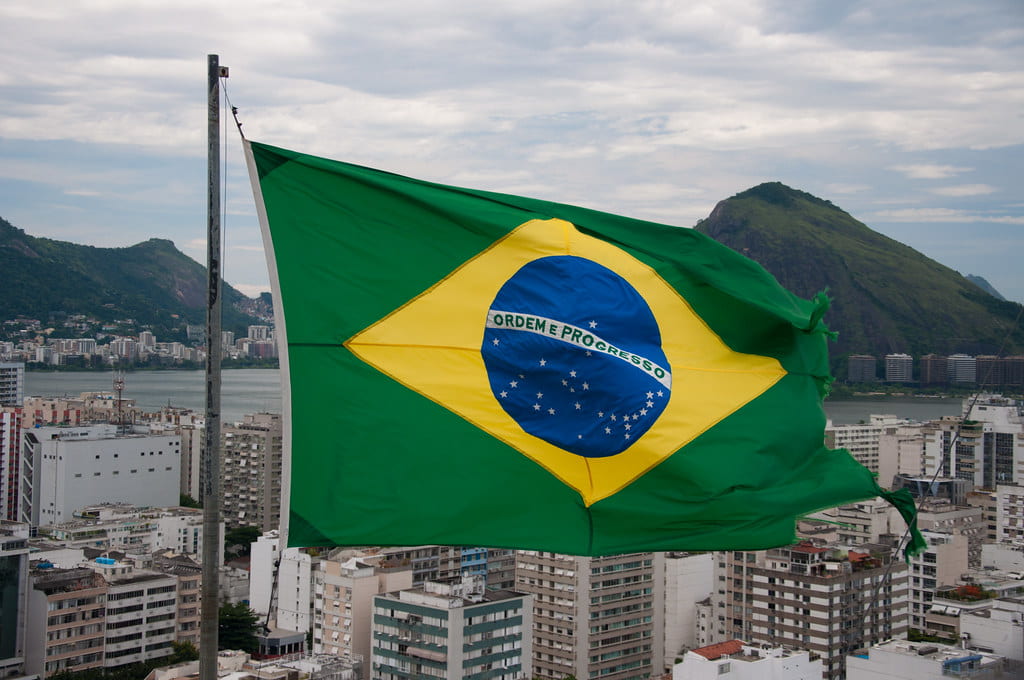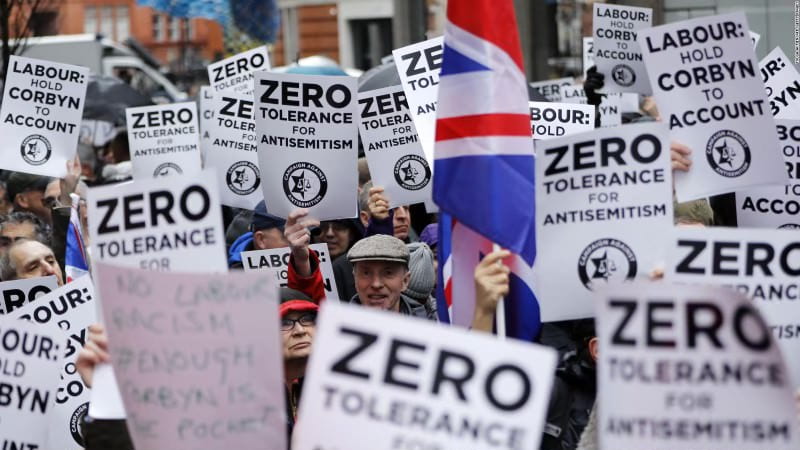On January 20th, 2025, President Donald Trump signed an Executive Order that withdrew the United States from the World Health Organization (WHO). This, however, was not President Trump’s first time withdrawing from the organization; in July 2020, he signed a similar executive order. However, due to the one-year notice for withdrawal, it never took place, as President Bident revered the order. The withdrawal took place primarily due to the mishandling of the COVID-19 pandemic and the “inability to demonstrate independence from the political influence of WHO member states.”
What is the WHO?
The WHO was established in 1948 as a specialized agency of the United Nations, consisting of 194 countries. The main role of the non-governmental organization is to set global health standards; serving as a multilateral organization motivates collaboration between all partner countries to coordinate international health response. This coordination also translates into supporting other partner countries during health crises.
One of the WHO’s roles is gathering and evaluating data from all over the world to understand the current status of health. This data spans regions and represents the holistic health of the world. Through these analyses, acute crises can be addressed in a streamlined way, and larger trends in health can be used as benchmarks to denote progress, ensuring sustained efforts.
Beyond the technical role of the WHO, it helps with on-the-ground support in countries across the world. By working to mobilize vaccines and drugs, individuals from underrepresented or marginalized communities can gain access to life-saving care. Beyond the mobilization of resources, the WHO helps coordinate humanitarian response and volunteers to ensure resources are being used appropriately. The holistic nature of the WHO and the support they provide ensures that countries worldwide are best equipped to support the health and well-being of their citizens.

Source: Flickr
What has the WHO accomplished?
The WHO has tussled with many different diseases worldwide. For example, the WHO has helped eradicate smallpox worldwide. From leveraging the vaccine developed by Edward Jenner in 1796 to intensifying the vaccine mobilization plan in 1967, smallpox was eradicated by 1980, with the last known natural case in Somalia in 1977. This hallmark success for global health represents the first and only infectious disease ever to be eradicated.
The WHO has contributed to many other successes in the past as well, one being helping reduce polio cases worldwide by 99% since 1988. As of 2022, the number of endemic countries decreased by 123, representing the power of the WHO in reducing the global disease burden.
The visible and less visible responsibilities of the WHO were most recently put on the front stage during the COVID-19 crisis. At the pandemic’s peak, the WHO collected data from across the world to analyze its outcomes and progress made through community health initiatives and vaccine rollouts. Beyond this, the WHO consistently released situational reports, reporting on the research they have collected thus far. Though the incidence of COVID-19 has decreased significantly and is no longer a public health emergency of international concern, the WHO still works to contain the illness and reduce adverse outcomes.
What is the impact of the US withdrawing from the WHO?
The US is one of the largest contributors to the WHO. Supporting around 12%-15% of the budget in the fiscal year 2022-2023, the US has contributed to the investment of millions of jobs, work opportunities, and streamlining functions. Without the US, all of these opportunities will stop in the upcoming fiscal year.
This support is not new to the US. Since World War II, the US has held this top funder spot, serving as a leader in global diplomacy. In an ever-globalized world, this role in the WHO affects our allies and our nation domestically. With this, the international community will suffer and have poorer health; without the investment in life-saving interventions and preventative systems, health is on the line for everyone.
Beyond the tangible impact of the withdrawal, if a decrease in health resilience is observed, there will be an increase in mistrust and a reduction in international cooperation. The withdrawal in both 2020 and 2025 resulted in increased mistrust by partnerships and organizations like Gavi, the Vaccine Alliance, and COVAX, as well as our geopolitical allies. By increasing the vulnerability in our relationships, there is an increased risk of adverse outcomes that will compromise the health of millions worldwide. This distrust may result in the withdrawal of other vital multilateral agreements; demonstrating a lack of cooperation may result in other countries questioning their commitment to the WHO and the overall responsibility to global health.
Beyond the political and financial nuances of the US withdrawing from the WHO, the most tangible impact is the compromise of future pandemic preparedness and the creation of vulnerabilities in the global health landscape. The WHO’s holistic role relies on support to share data and track emerging health threats. Without US support, these threats cannot be effectively analyzed and will result in weakened systems.

Source: WHO
What can we learn from the 2025 withdrawal from the WHO?
As it is still early in the year, there is no promise about the legislation’s longevity. However, it reminds us all about the need for bipartisan commitment to global health and development. Not only is this a safeguard to protect our own nation, but it also helps us in terms of international engagement. US foreign policy should prioritize funding for health initiatives regardless of political leadership, working to legislate commitments to our global partners.
With lack of accountability being cited as the primary reason for withdrawal, it is integral for all entities to seek avenues to increase financial transparency and independence without compromising the organization’s day-to-day operations. Collective problem-solving is reinforced by working to advocate for improvements rather than abandoning the WHO.
The temporary absence of the US in the WHO has created a void that has weakened global health cooperation in a matter of weeks. Though the official withdrawal will take around a year to feel the impact, the impact is already being noted in the attitudes and perspectives on the global stage. There is a need to uphold health as a universal human right; developing policies prioritizing equitable healthcare access reinforces the idea that we cannot combat global health alone now without the US; there is a lot of vulnerability in the unknown space.





























